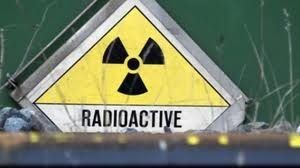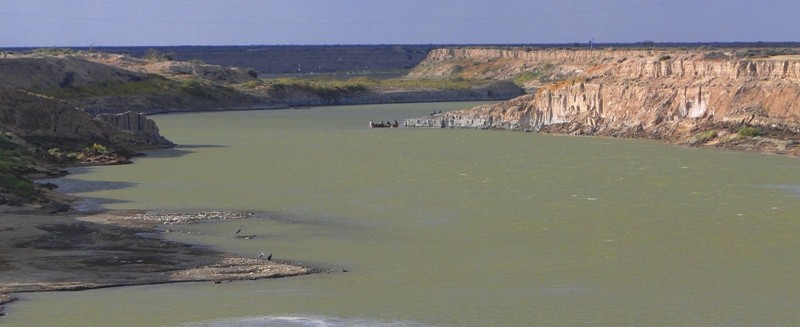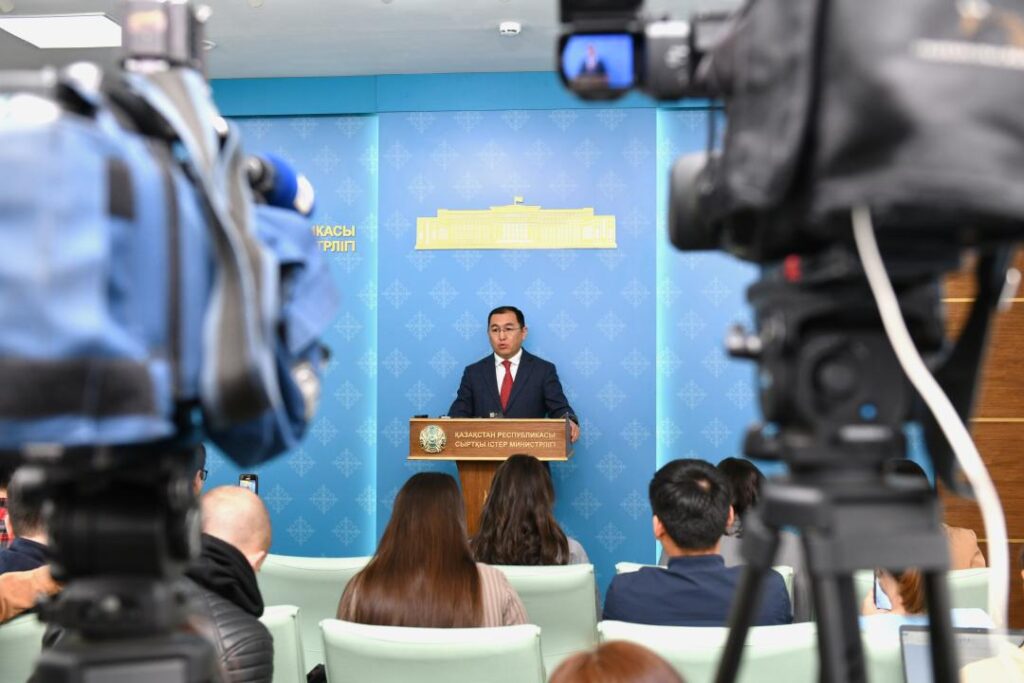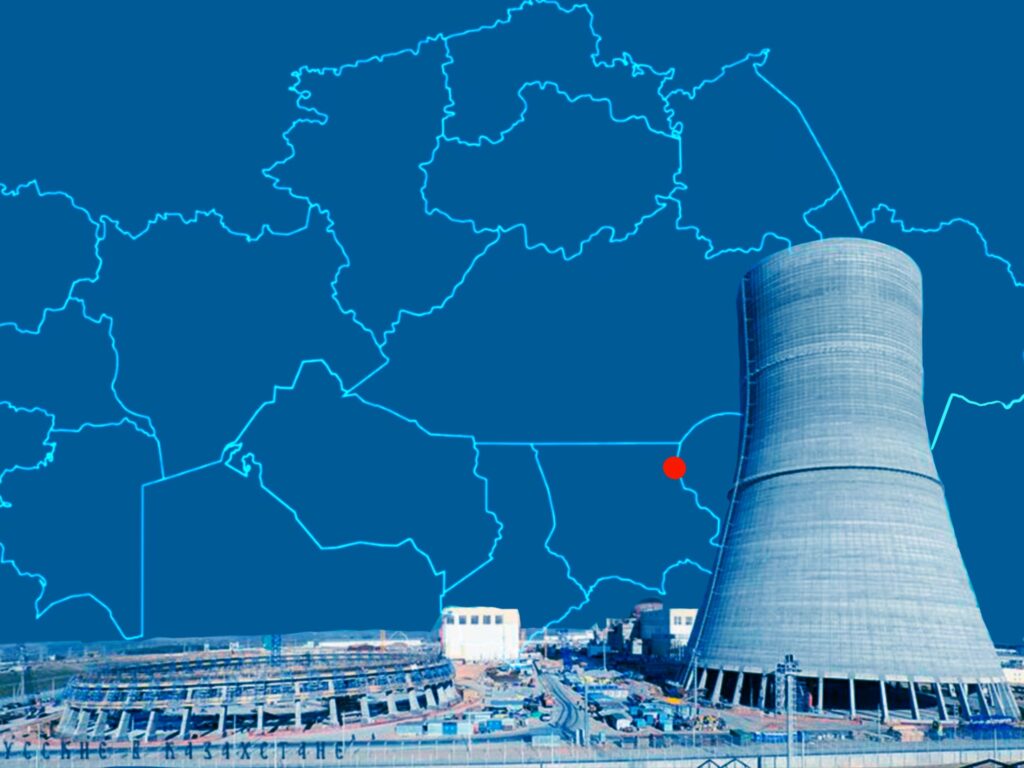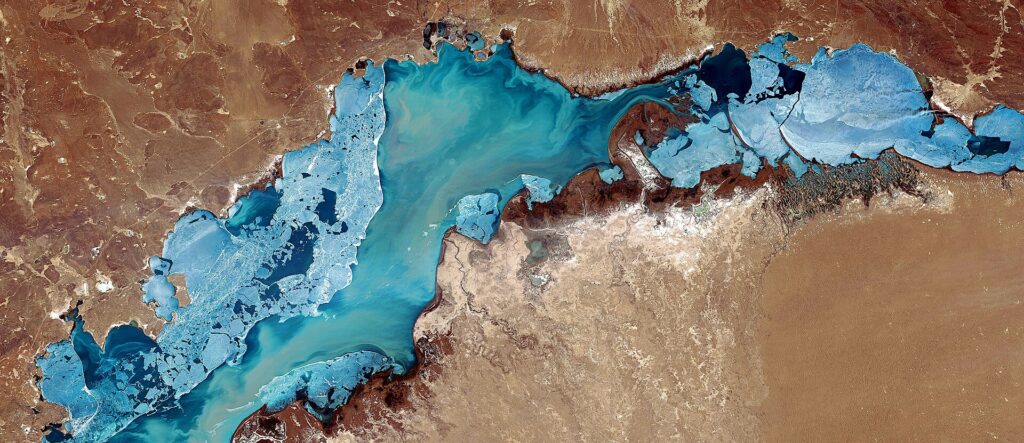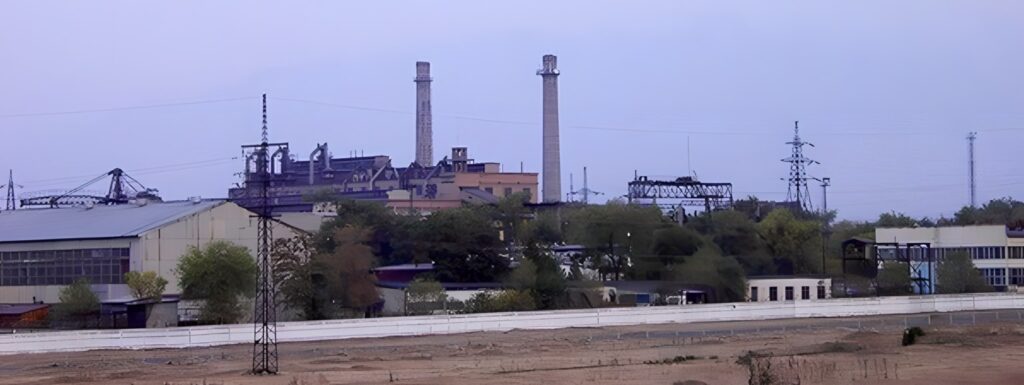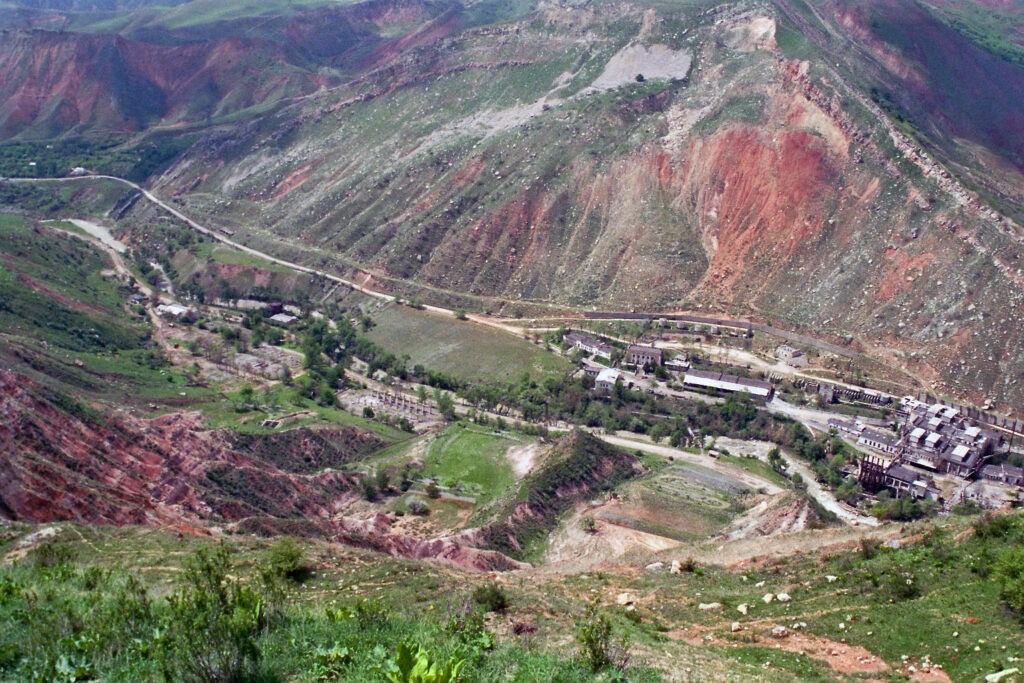ALMATY (TCA) — The U.S. Department of Energy’s National Nuclear Security Administration (DOE/NNSA), in partnership with the Institute of Nuclear Physics (INP) of Kazakhstan, repatriated the last remaining highly enriched uranium (HEU) from the institute’s VVR-K reactor and critical assembly in Almaty, Kazakhstan, on September 19.
“This final removal will make INP HEU-free, ensuring that a bad actor can never acquire material from the site for a nuclear weapon,” said Dave Huizenga, NNSA’s acting deputy administrator for Defense Nuclear Nonproliferation. “This nonproliferation achievement is particularly significant as it highlights Kazakhstan’s commitment to securing its nuclear material.”
NNSA has helped Kazakhstan remove or down-blend more than 200 kilograms of HEU from the INP. The joint operation to remove the Russian-origin HEU spent fuel was conducted as part of DOE/NNSA’s HEU minimization efforts.
This removal follows the conversion of the INP’s VVR-K reactor from HEU to low enriched uranium (LEU) fuel earlier this year. To do so, the joint NNSA/INP team had to develop a new, higher-density LEU fuel assembly, which made the reactor more capable than it was with its old HEU fuel.
The return of the HEU to Russia has eliminated all of the material from the INP, representing the culmination of over two decades of multifaceted cooperation in nuclear security.
The relationship has paid another dividend. With DOE/NNSA’s help and Kazakhstan’s strong commitment to reducing the risk of nuclear proliferation, the two co-developed the country’s Nuclear Security Training Center, which opened in May. This INP facility serves as a focal point for nuclear security and nonproliferation training efforts in Kazakhstan and Central Asia.
Established by Congress in 2000, NNSA is a semi-autonomous agency within the U.S. Department of Energy responsible for enhancing national security through the military application of nuclear science. NNSA maintains and enhances the safety, security, and effectiveness of the U.S. nuclear weapons stockpile without nuclear explosive testing; works to reduce global danger from weapons of mass destruction; provides the U.S. Navy with safe and effective nuclear propulsion; and responds to nuclear and radiological emergencies in the U.S. and abroad.
